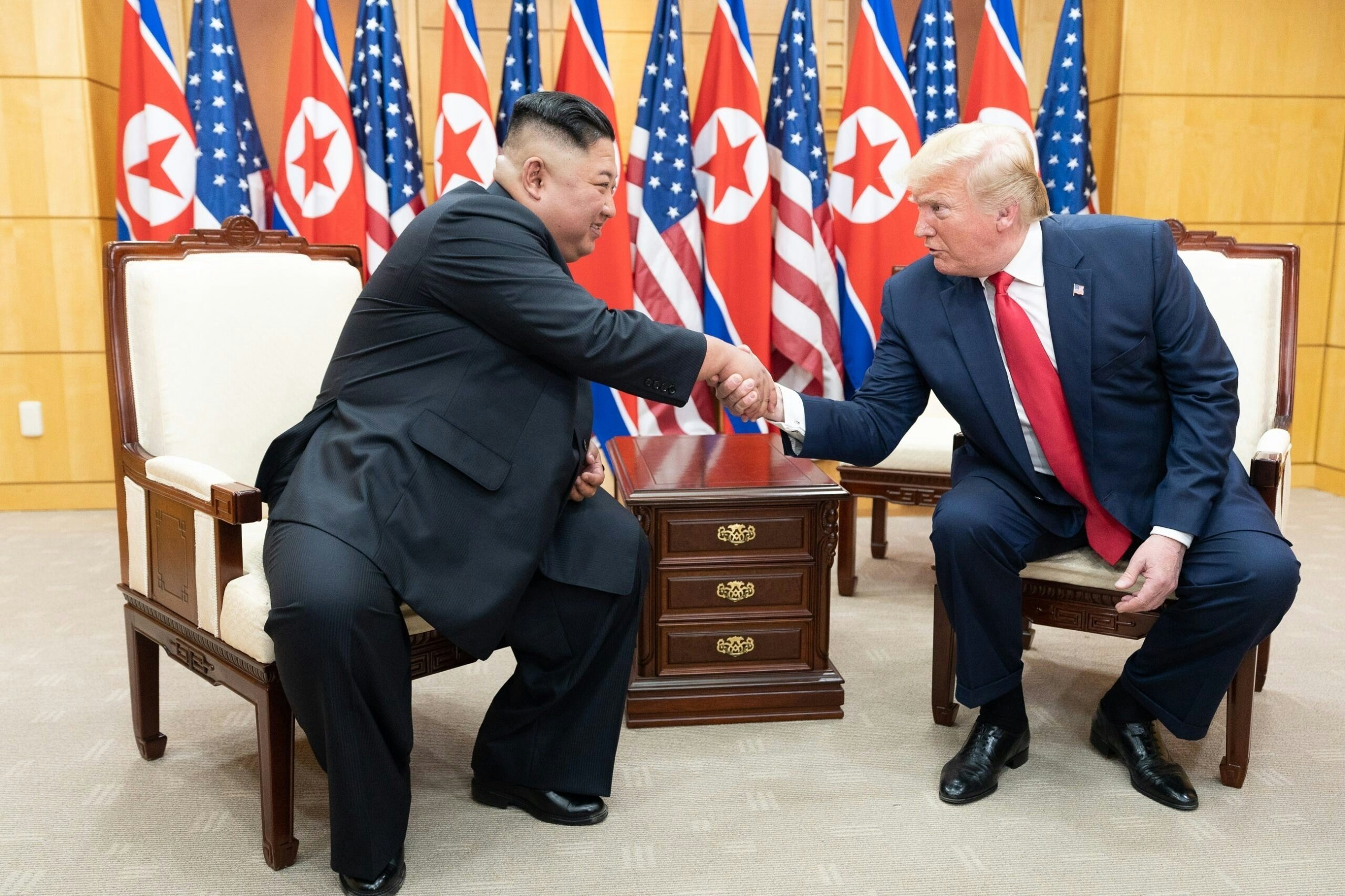There’s a new health emergency in Africa – one that may ultimately threaten Americans without active steps to prevent it.
The good news is we have the tools to prevent mpox from becoming the next global pandemic, but we must act now using the tried and true methods we learned from the President’s Emergency Plan for AIDS Relief (PEPFAR), which changed the trajectory of the HIV/AIDS pandemic in Africa beginning more than two decades ago.
Luckily, we’re starting from a better place than with HIV/AIDS because we have a vaccine to prevent mpox. The smallpox vaccine, which eradicated the disease in the United States more than 50 years ago, can be used to protect recipients from mpox for years, creating herd immunity and shielding entire populations from infection.
Because the mpox virus itself isn’t new – just the escalating crisis. The Democratic Republic of Congo (DRC) has had mpox cases for decades. But they have climbed since January, reaching over 14,000 cases and over 500 deaths. Those figures exceed last year’s totals and are raising concerns across the continent.
The World Health Organization declared a global health emergency for mpox Wednesday, a day after the Africa Centers for Disease Control and Prevention said the outbreak was a public health emergency of continental security. But we’ve been on this precipice before, so we know what to do.
Over 20 years ago, Africa faced complete collapse as the HIV/AIDS pandemic decimated entire communities. PEPFAR changed that by partnering with countries and providing methods necessary to prevent, detect, and treat the disease. Today, PEPFAR’s work alongside communities and countries has saved over 25 million lives from HIV.
We need to mimic this effort with mpox.
The WHO first declared a global health emergency for mpox two years ago, as infections were spreading through sexual contact at high levels among the LGTBQ community, a population also vulnerable to HIV. The U.S. Centers for Disease Control and Prevention issued guidelines here at home by recommending that groups within the LGTBQ community at a high risk of contracting the virus through sex get vaccinated.
Dr. Deborah Birx, the former U.S. Global AIDS Coordinator and former White House Coronavirus Response Coordinator who serves as a Senior Fellow at the George W. Bush Institute, warned at the time that slow action from the global health community would ensure that the virus would continue to spread beyond this small community.
Fortunately, fewer than 1% of people infected died unnecessarily during the 2022 outbreak. But many of those deaths – and today’s – could have been prevented with additional proactive steps. That includes an active vaccination program starting two years ago for the highest risk individuals and communities in Africa and elsewhere.
Instead, mpox was left to smolder and mutate into today’s Clade 1b variant, which is spreading in the DRC and causing more severe disease than the Clade 2 mpox that was responsible for the global 2022 outbreak.
The DRC has accounted for nearly 90% of all cases during the 2024 emergency. Fatality rates are much higher in children – especially those under 5. About 70% of cases are among children under 15 and 39% among those under 5. The Clade 1b mpox variant is transmitting more easily through routine close contact and has quickly spread to over a dozen neighboring countries, including Burundi, Kenya, Rwanda, and Uganda.
Countries across Africa now face the increasing danger of an mpox outbreak while also continuing to manage the ongoing HIV pandemic. Many worry that an mpox outbreak will exacerbate health concerns among the HIV population, since people living with HIV are at a greater risk of contracting other infectious diseases like tuberculosis and the human papilloma virus (HPV).
But we still have time to prevent mpox from spreading through a whole-of-society approach that includes active community engagement, information, and vaccination.
As PEPFAR did successfully with HIV/AIDS, actors including the public sector, host governments, communities, and international organizations must scale up collaboration efforts now more than ever. Civil society actors and communities – including churches, schools, and other trusted institutions – are integral to demystifying disease and combatting disinformation, ensuring people feel informed and supported.
Governments and partners must also collect granular, disaggregated data down to the site and community level and make it widely available to guide decision-making and ensure resources are first directed to those at highest risk of contracting and spreading mpox.
Rapid mobilization of smallpox vaccine stockpiles and partnerships with the private sector; international institutions like Gavi, the Vaccine Alliance; and bilateral partners like PEPFAR are critical to ensuring the vaccine gets to those most at risk. The global health community must take a similar approach to mpox tests, which save lives and prevent spread.
Past pandemics have shown that viruses that seem to be thousands of miles away can easily arrive at America’s front door. We help ourselves when we help other countries control the spread of new, highly contagious diseases. We must do that now as Africa faces this new threat.
Hannah Johnson is Program Manager of Global Policy at the George W. Bush Institute, where Dr. Deborah Birx is a Senior Fellow. Birx was previously the U.S. Global AIDS Coordinator and White House Coronavirus Response Coordinator.
































